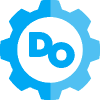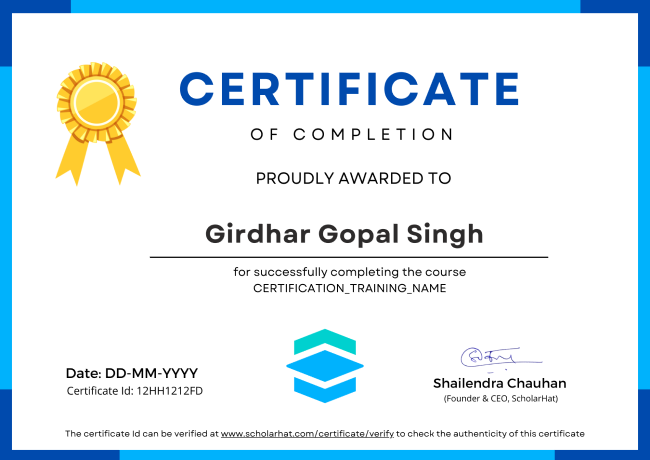Project #1: Deploying eShopFlix Using Azure DevOps CI/CD
Step-by-Step Guide Deploying the eShopFlix project using Azure DevOps CI/CD pipelines ensures an automated and efficient deployment process. Azure DevOps integrates seamlessly with Azure services, enabling smooth code integration, testing, and deployment. Below is a detailed description of deploying this project to Azure.
Implementation Details
- Azure Account: Active Azure subscription to deploy resources.
- Azure DevOps Account: For repository, pipelines, and artifact management.
- Azure Resources: App Service: For hosting the .NET Core web application, SQL Database: To store eShopFlix data, Azure Storage: For static assets like images, Azure Key Vault: To securely manage secrets such as connection strings.
- Code Repository: Source code hosted on Azure Repos, GitHub, or any other Git-based repository.
- Build Pipeline (CI - Continuous Integration)
- Release Pipeline (CD - Continuous Deployment)
- Enable CI/CD Triggers
- Monitoring and Logging
Project #2: Deploying OTT Platform Using Azure DevOps CI/CD
Step-by-Step Guide Deploying the OTT platform project using Azure DevOps CI/CD pipelines ensures an automated and efficient deployment process. Azure DevOps integrates seamlessly with Azure services, enabling smooth code integration, testing, and deployment. Below is a detailed description of deploying this project to Azure.
Implementation Details
- Azure Account: Active Azure subscription to deploy resources.
- Azure DevOps Account: For repository, pipelines, and artifact management.
- Azure Resources: App Service: For hosting the React web application, SQL Database: To store data, Azure Storage: For static assets like images, Azure Key Vault: To securely manage secrets such as connection strings.
- Code Repository: Source code hosted on Azure Repos, GitHub, or any other Git-based repository.
- Build Pipeline (CI - Continuous Integration)
- Release Pipeline (CD - Continuous Deployment)
- Enable CI/CD Triggers
- Monitoring and Logging


























